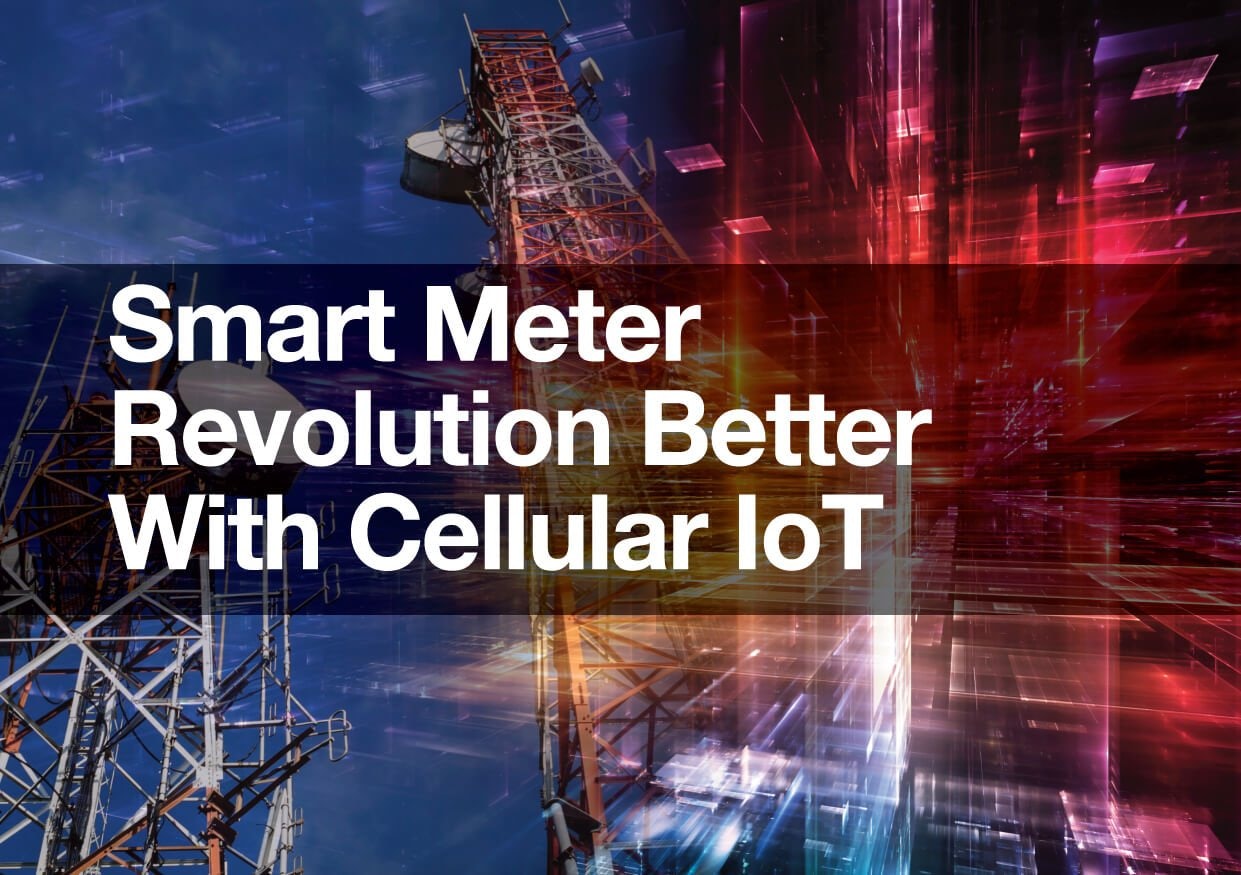Smart Meter Revolution Better With Cellular IoT
Britain’s smart meter programme was first introduced in March 2011 and has a nine-year implementation period planned. It is to be undertaken in two phases with completion aimed for 2020.
According to the latest government report, the UK totalled 5.76 million smart meters across all households at the end of March 2017. Comparing this to the total number of households in the UK (27 million), the progress is just over 20%. However, Japan has been more efficient in a shorter timeframe, all due to the application of cellular IoT.
Japan’s ambitious goal is to install 100 million meters within the next three years across their country and subsequently have 85% of the nation own a smart meter by 2020. This is up from their current pace of 1 million meters every three months. Not only is their plan much faster than Britain’s but it is also implemented through a different strategy: while it is still top-down and government lead, Japan has given individual providers freedom as to what technologies to use and how to apply them. This has given rise to a very prominent wave of 4G and LTE, which are the preferred methods for the majority of providers and enable easy mass-market deployments. Such is the case in using cellular IoT together with LTE to achieve an extended battery life, low power demand and significant cost efficiency to make smart metres as functioning and easily accessible as possible.
Japan is not pushing smart meters by themselves, but offers a bigger vision behind the adoption (conducted through M1 and MB1). Because of this the predictions are much more positive for Japan than the model used by European and American countries, where the companies are static in their method of implementation.
Dashboard recognises how important smart meters are for the energy industry and their revolutionary effect. In order to achieve this, though, they first need to be installed, which should be done quickly and efficiently. We suggest that there may be an advantage in following in Japan’s steps to elevate the rate of smart meter installation and hence the shaping of the industry. We have seen IoT make a difference in many other areas and so it is no surprise that it is the way forward here, as well.
